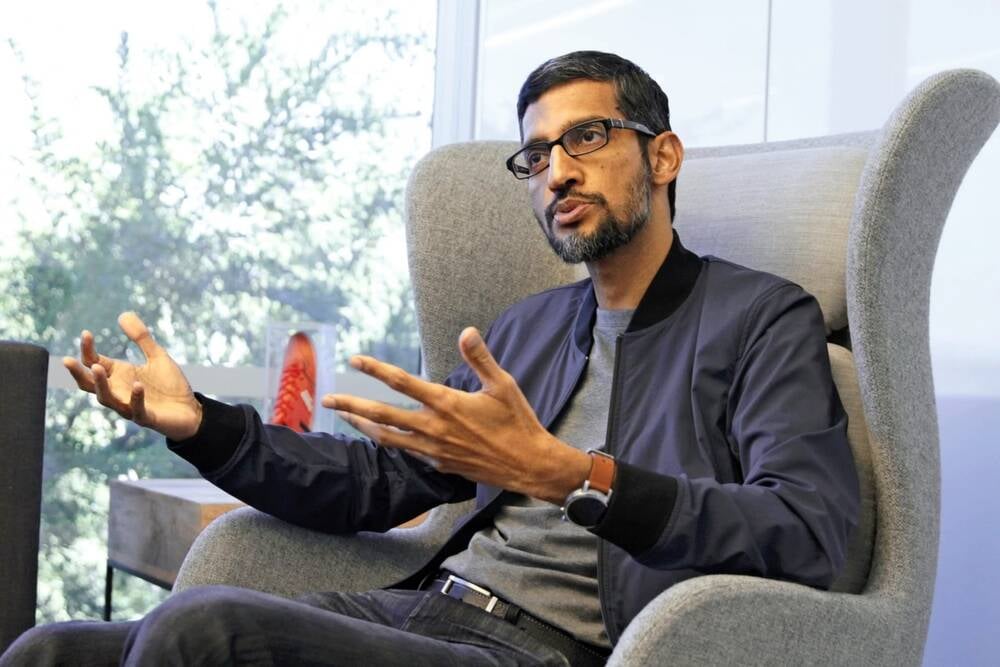
Google is pushing the boundaries of generative AI development by streamlining its efforts under the DeepMind umbrella, as announced by CEO Sundar Pichai. This strategic move aims to unify Google’s AI research and development teams to foster the creation of more advanced and comprehensive AI systems.
The reorganization builds on Google’s previous efforts to consolidate its AI expertise. Last year, the tech behemoth merged its DeepMind division with the Brain team, forming what is now known as Google DeepMind. This conglomerate was instrumental in developing the technology behind Google’s innovative Gemini chatbot, showcasing the company’s commitment to leading in the generative AI space.
Under Sundar Pichai’s directive, all teams currently engaged in AI model development will be consolidated within Google DeepMind. Pichai emphasized that this restructuring will enhance Google’s ability to deliver cutting-edge AI technologies to users, partners, and customers alike. Additionally, the focus of Google Research will be sharpened towards foundational and applied computer science, allowing for deeper explorations into the potential of AI.
In a significant move, Google’s Responsible AI team will also be integrated into the DeepMind structure. This change signals Google’s dedication to embedding ethical considerations into the AI development process from the beginning. The company has already begun realigning its various responsibility groups under its central Trust and Safety team, with plans to further develop robust AI testing and evaluation protocols. These initiatives aim to mitigate the risk of mishaps that have previously tarnished the launches of generative AI technologies, including issues of bias and inaccuracy encountered by Google’s Bard and Gemini chatbots.
For instance, Google faced backlash and subsequent suspension of Gemini’s text-to-image feature after it failed to represent historical figures accurately, highlighting the critical need for comprehensive testing and ethical guidelines in AI development. In response, Google is standardizing launch requirements for AI-powered features and ramping up investments in vulnerability testing to ensure its platforms are accurate and responsive to user needs.
Amidst growing concerns over AI models generating harmful content, Google’s consolidation effort represents a proactive stance in addressing the challenges of AI governance. The company is intent on refining its models to prevent misuse and ensure the safety of its users, positioning itself as a responsible leader in the generative AI field.
The consolidation extends beyond software to include AI hardware development, with the merging of the Platform and Ecosystem and Devices and Services teams into a new division called Platforms and Devices. This reorganization will bring computational photography and on-device intelligence initiatives under a single hardware umbrella, streamlining Google’s approach to AI across both software and hardware domains.
Google’s consolidation of its AI efforts under DeepMind signifies a major strategic shift designed to accelerate the development of advanced AI technologies. By centralizing its resources and focusing on responsible AI development, Google aims to navigate the complex ethical landscape of AI while continuing to innovate and lead in the rapidly evolving field. Sundar Pichai’s memo not only reflects Google’s ambition in AI but also underscores the importance of ethical considerations and workplace harmony in achieving groundbreaking advancements.
Source






